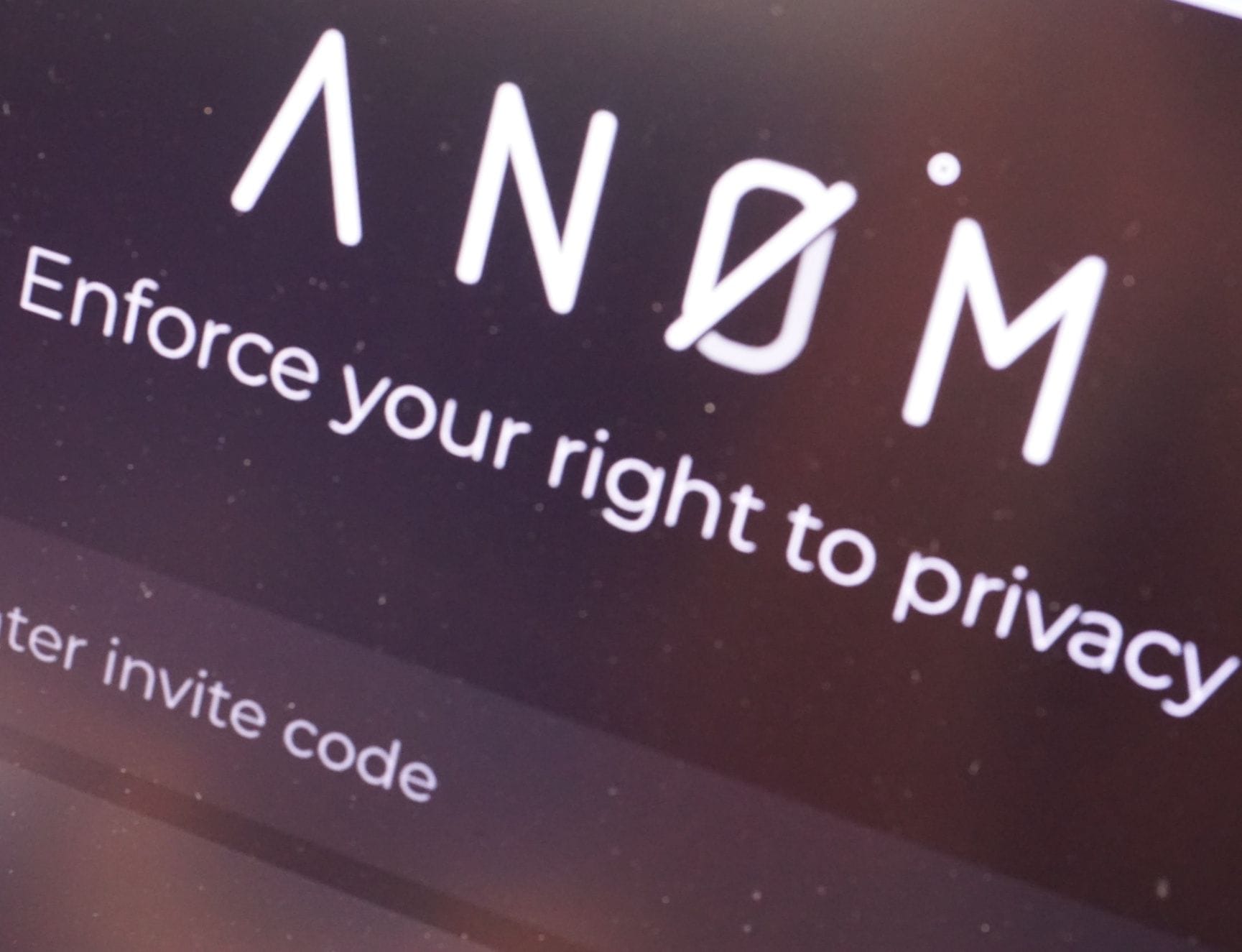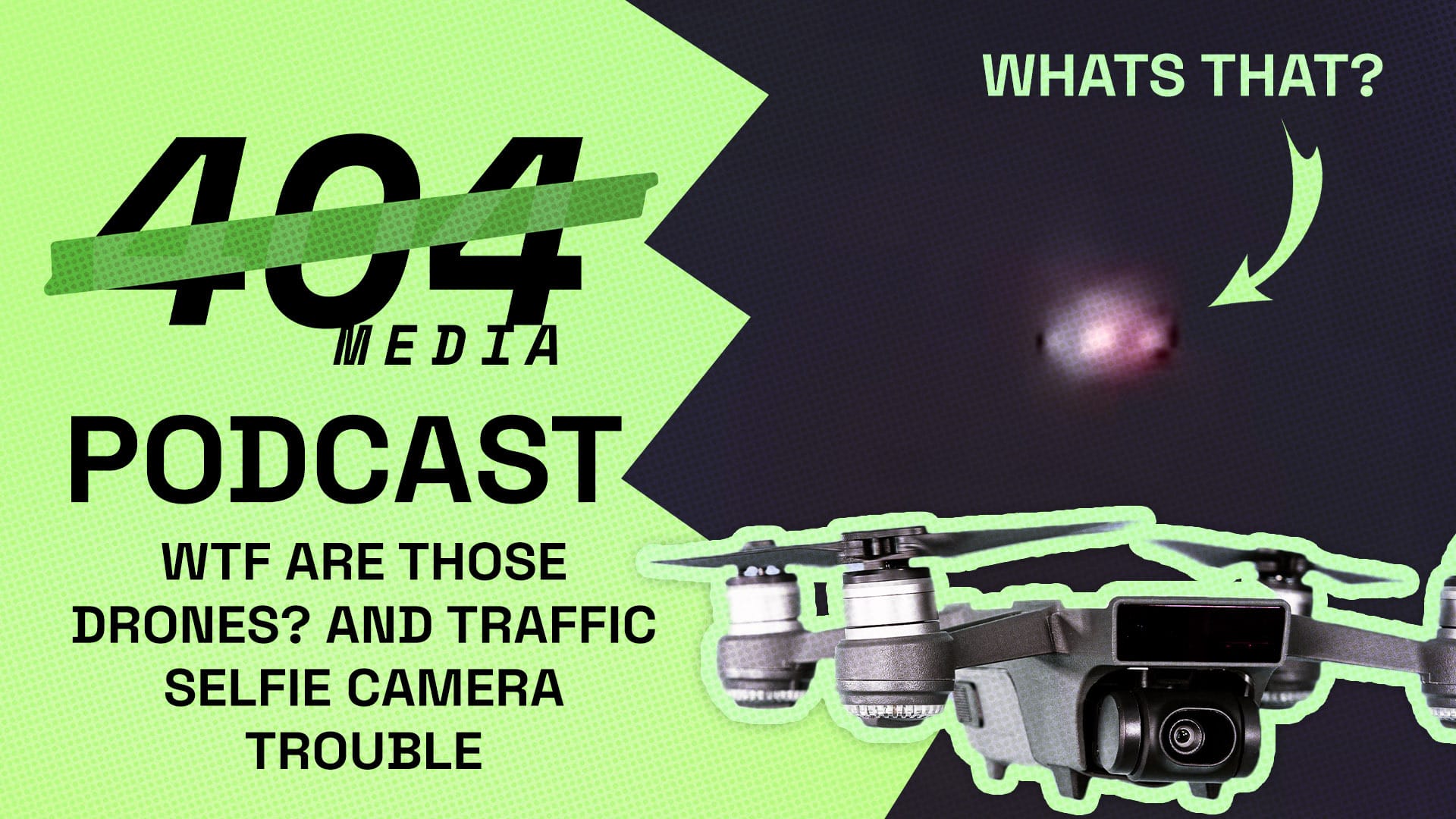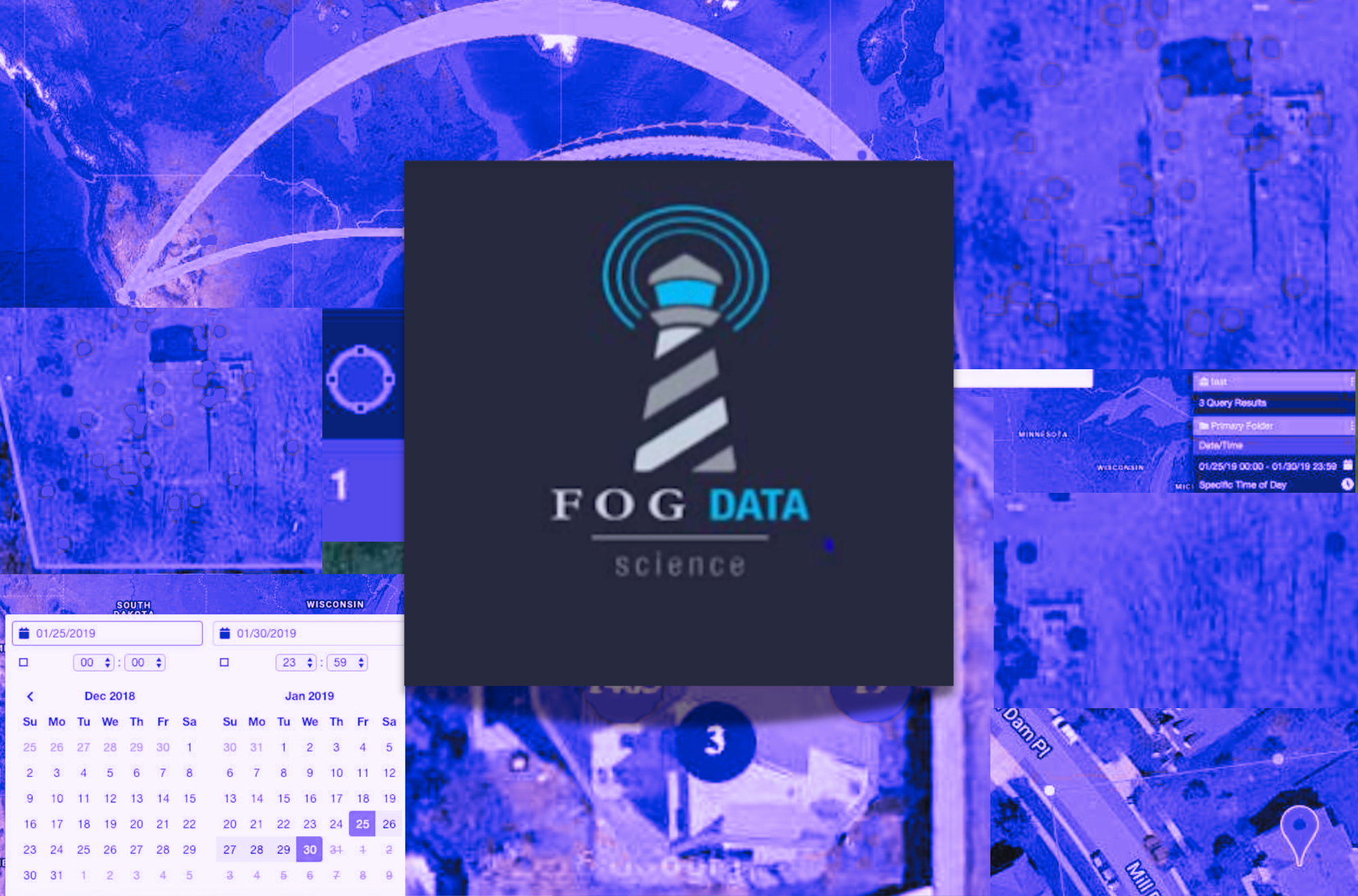Government to Name ‘Key Witness’ Who Provided FBI With Backdoored Encrypted Chat App Anom

A lawyer defending an alleged distributor of Anom, the encrypted phone company for criminals that the FBI secretly ran and backdoored to intercept tens of millions of messages, is pushing to learn the identity of the confidential human source (CHS) who first created Anom and provided it to the FBI starting the largest sting operation in history, according to recently filed court records. The government says it will provide that identity under discovery, but the CHS may also be revealed in open court if they testify.
The move is significant in that the CHS, who used the pseudonym Afgoo while running Anom, is a likely target for retaliation from violent criminals caught in Anom’s net. The Anom case, called Operation Trojan Shield, implicated hundreds of criminal syndicates in more than 100 countries. That includes South American cocaine traffickers, Australian biker gangs, and kingpins hiding in Dubai. Anom also snagged specific significant drug traffickers like Hakan Ayik, who authorities say heads the Aussie Cartel which brought in more than a billion Australian dollars in profit annually.
Court records say, however, that if this defendant’s case goes to trial, the lawyer believes Afgoo will be the “government’s key witness.”
“Given the CHS’s central role in the investigation and relevance to the prosecution, the government is obligated to provide his identity and particularized information about him,” the motion to compel discovery, filed by defense attorney Patrick M. Griffin in November, reads. Griffin is representing Alexander Dmitrienko, who prosecutors indicted along with 16 others. Lawyers for three other defendants also joined the motion. Those defendants are Seyyed Hossein Hosseini, Aurangzeb Ayub, and Shane Ngakuru.
In 2018 Afgoo, who had previously sold phones from companies popular with organized criminals such as Phantom Secure and Sky, approached the FBI with a proposition: Would the agency like to take control of Anom, an embryonic encrypted phone company Afgoo was developing, for use in its own investigations? In exchange Afgoo received $120,000 and nearly $60,000 for expenses, and the possibility of a reduced sentence for charges they were facing, according to an affidavit written by Nicholas Cheviron, one of the FBI agents that spearheaded the Anom operation.
The opportunity for law enforcement was staggering. They could put a backdoor into Anom to read all of its users’ messages, and once criminals started using the devices, observe and disrupt drug trafficking, weapons smuggling, public corruption, and assassinations all over the globe. Anom eventually grew to more than 12,000 devices and collected more than 27 million messages.
“The CHS was an active participant in the alleged conspiracy; indeed, acting on behalf of the government, he was its principal organizer, promoter, and technician. In fact, it appears he worked closely with the government when it created the Anom device. As such, he is a percipient witness with first-hand knowledge of many of the relevant facts and a participant in numerous forms of communication with one or more of the defendants,” the motion continues. Pointing to previous precedent, Griffin adds information about the CHS is required for the defense to fulfill its obligations under the Fifth and Sixth Amendments.
“As to timing, trial is fast approaching, and given the worldwide scope of this case, the defense needs time to adequately prepare, including developing impeachment material for the CHS, who undoubtedly will be the government’s key witness,” Griffin writes. That trial is slated for March.
Griffin is seeking Afgoo’s real name; any aliases; their full criminal background including arrests, charges, and convictions; details on any compensation or benefits they received as part of being a CHS; any promises, agreements, or understandings between them and the government, including immunity, immigration benefits, or sentencing recommendations; records showing whether they’ve ever been untruthful or unreliable in any case; information about any psychological or substance abuse history that could impact their reliability as a witness; and all communications between the government and the CHS, among other things.
The reason for seeking this information, Griffin says, is that the defense “is entitled to investigate his background and prepare a vigorous cross examination.”
According to Griffin, in an October meeting the government indicated it would provide the CHS’s name and other details, but did not provide a date at which it would do so. Hence the motion for discovery, which also requests other information about Anom’s operations. A government response filed shortly after said “the government has already advised Dmitrienko that it will be providing discovery relating to the CHS. The government will identify the CHS in advance of trial.” On December 13, the court granted the motion for discovery in part.
Joshua Mellor, one of the main prosecutors on the Anom cases, told 404 Media in an email that “if the case does go to trial, we will have to reveal the identity of the CHS.”
“It would first be revealed in discovery and then in public court if the CHS testifies,” he added.
The defense has already obtained significant discovery, including technical documents on how the Anom system worked and a massive trove of Anom messages, according to other court records.
The motion for discovery also explicitly mentions my book DARK WIRE, which revealed many new details about the Anom operation. “Mr. Dmitrienko is informed and believes the government secured a private jet to deliver a large shipment of Anom phones from the United States to Western Europe to fulfill demand it created after shutting down the Sky system of encrypted devices. (Discussed in the book Dark Wire and raised at our last motion hearing; the government did not dispute undersigned counsel’s recitation of this incident and presumably would have if it were untrue.),” the court record reads. That scene of the book was based on my conversations with FBI officials.









